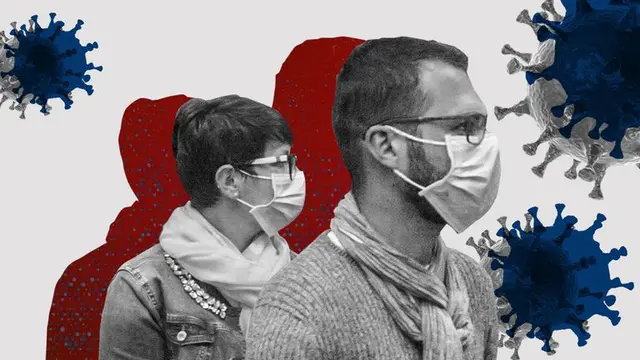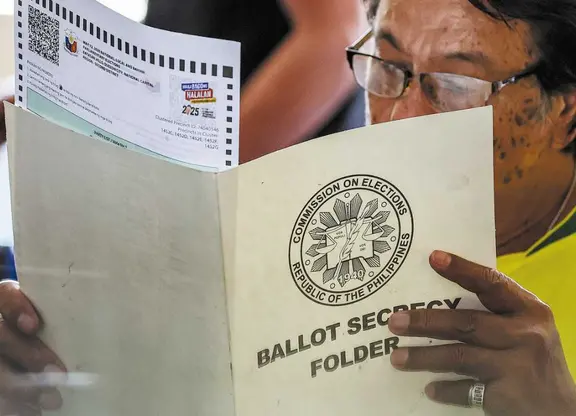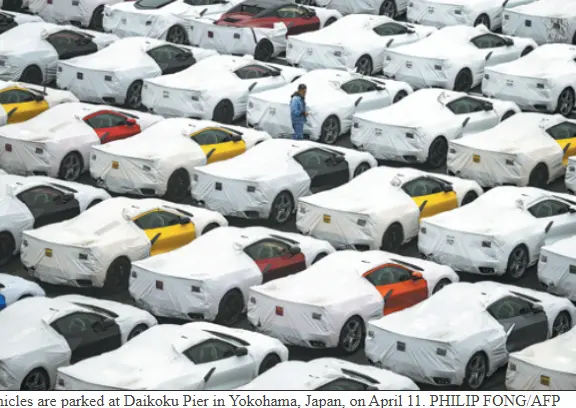As the prime minister issued advice telling people to self-isolate if members of their households have a cough or temperature, a new model of the pandemic suggested early intervention may not be the best option.
Delaying interventions to slow the spread of the
coronavirus
could save lives in the long run, according to the new model.
Although more aggressive action to reduce transmission such as school closures and home working appear to reduce cases in the short term, they increase the risk of a rebound later on.
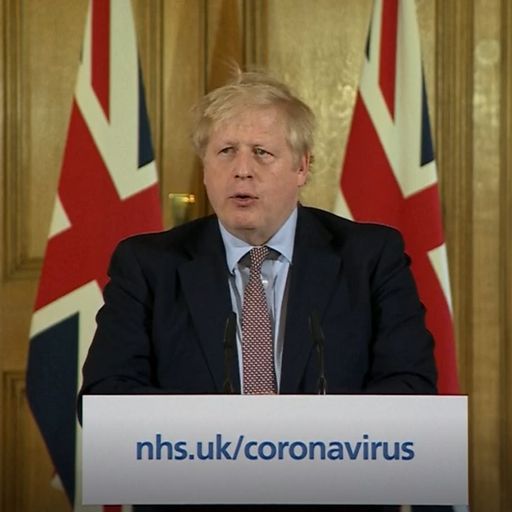
PM unveils new measures
This is the beginning of an outbreak of a virus like COVID-19 from day 0 to day 70 without taking any measure of social distancing. But we are going to introduce controls to reduce the number of cases. Each dotted line marks when these measures are taken.And here is how the curves would look if we adopt control measures at
40
, **52
** or **65
** days from the beginning of the outbreak.Up to here, the model suggests the earlier we take measures, the more we can reduce the number of cases.But control measures can’t be indefinite, and once they are lifted and without a vaccine, the epidemic starts again. A later intervention could reduce by half the number of peak cases. Why? The author suggests the reason is herd immunity. Let’s go back to the beginning of the model to understand it.If social distancing is introduced later, more people will get sick and that will increase the level of immunity in a society. But herd immunity means people will be infected and some could die, so protecting the elderly and vulnerable is crucial.
That is the conclusion of a simple model devised by Dr Thomas House, a reader in mathematics at Manchester University.
Dr House tested the impact of social distancing measures lasting three weeks.
If they were started 40 days into the outbreak the total number of cases in the subsequent few weeks were significantly lower than if they were started later.
That would reduce the immediate load on the NHS.

How best to work from home
But the computer model suggests cases would rise rapidly once the measures were relaxed, in effect simply delaying the peak in cases.
By contrast, bringing in the same measures later in the outbreak resulted in a second wave of cases, but the peak for each was lower.
It cut in half the maximum number of people who were sick at any moment in time and dramatically cut the total infected, which early interventions failed to do.
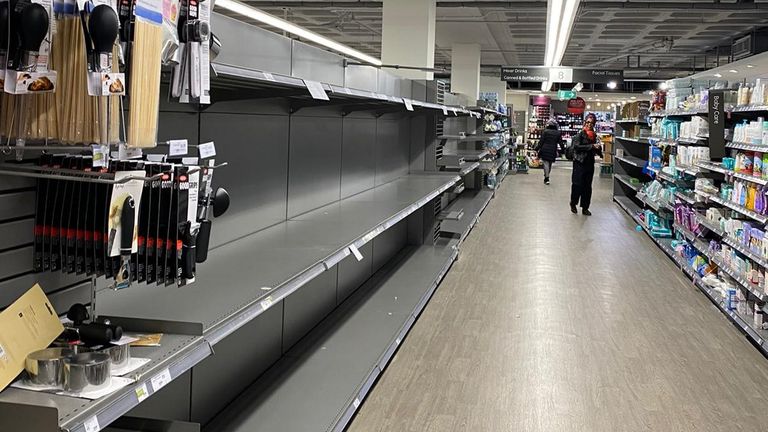
Supermarket chiefs say shops will not run out of products
He concludes that delaying action can allow immunity in the population to build up, reducing the number of people vulnerable to infection.
Similar modelling is likely to underpin the UK government strategy, which may explain why it has simply urged those with symptoms to stay at home, while other countries have been more aggressive in their approach, closing bars or banning public gatherings.
Dr House warns there are large uncertainties, but early intervention is not always better.
 简体中文
简体中文

